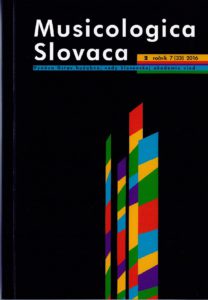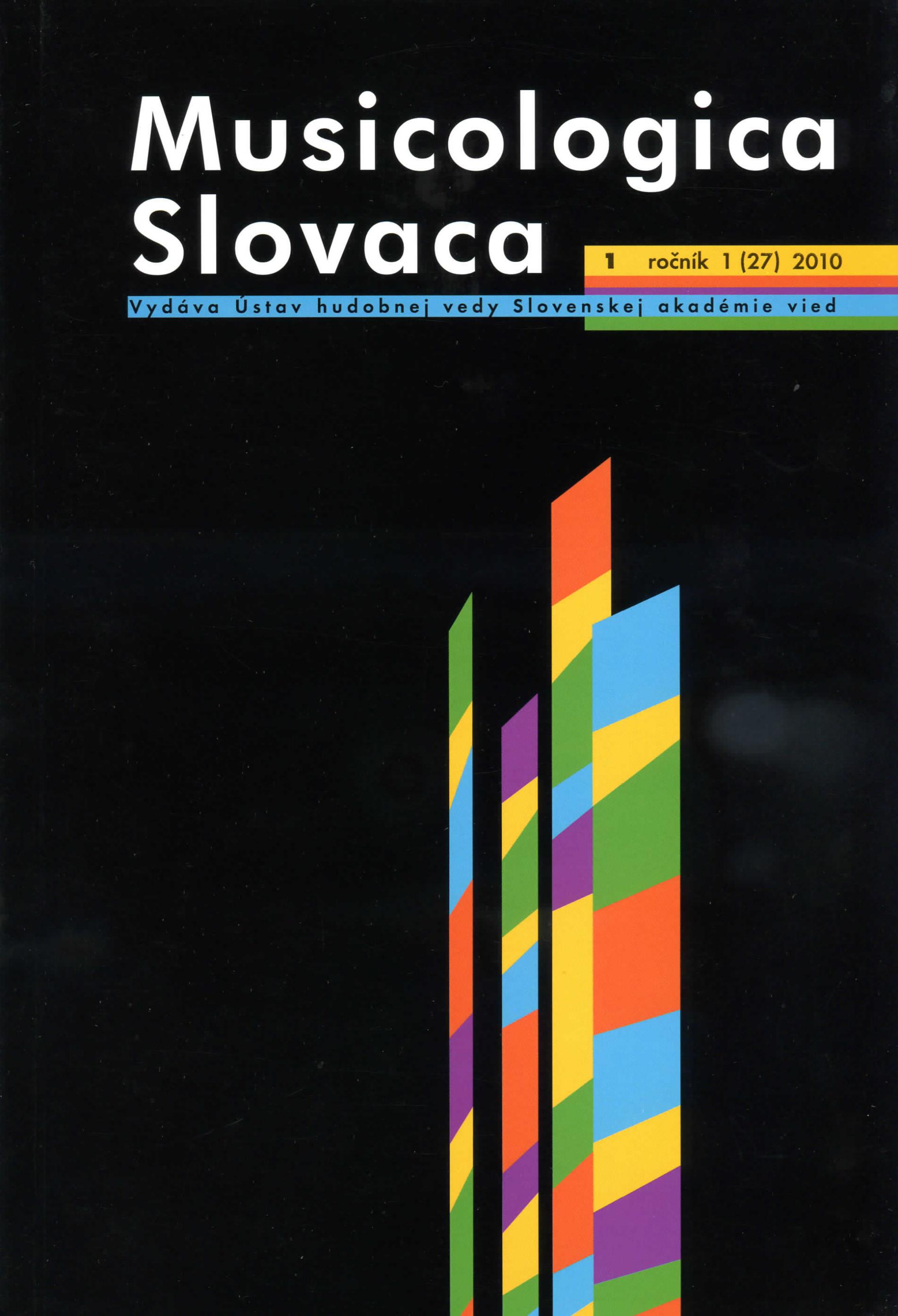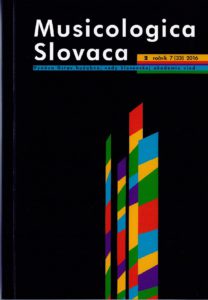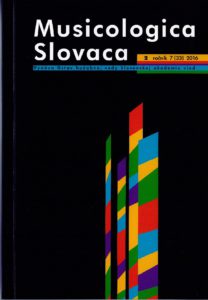
‘Regionality’ as a Key Concept in Historiography of Music with preliminary considerations as regards Salzburg
This paper seeks to investigate Salzburg’s musical profile in its 20th century reception as an example of dealing with topographic facts in music history writing. In the face of awakening nationalism and the beginnings of a Mozart cult in late 19th century, and its continuation after 1900, musicologist Constantin Schneider tried to deidolize the feature of geniality by presenting two exhibitions on Salzburg’s music history in the 1920s, and to create an overall view on the bases of sources. Soon afterwards, in 1935, when Schneider published his Geschichte der Musik in Salzburg von der ältesten Zeit bis zur Gegenwart, he relied on his former projects. With this study, Schneider established a topographically supported philological approach in musicology that neither his academic teacher, Guido Adler, nor other authors had realized and that would not have come into being without the idea of ‘regionality’ as a key concept in the historiography of music.
More...



